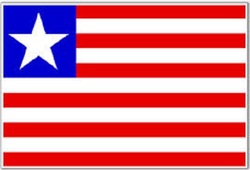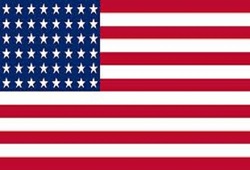United States relations with Liberia date as far back as 1819, when the United States Congress appropriated $100,000 for the establishment of Liberia. The two nations shared very close diplomatic, economic and military ties. During the World War l, Liberia joined the Allied Forces and its capital Monrovia was host to important Allied logistics bases. Liberia was also home to Firestone’s rubber plantation (an American investment) shortly after World War l.
There’s no way that one can discuss the issue of US/Liberia Relations without mentioning the role of the Christian church or community in America. The nation Liberia was conceived and given birth to by the American Colonization Society (ACS) which came into being through the Christian community in the U.S at the time. The American Colonization Society (ACS) was formed in 1817 to send free African-Americans back to Africa as an alternative to emancipation in the US. In 1822, the society which was prominently Caucasian, established on the west coast of Africa a colony that in 1847 became the independent nation of Liberia. By 1867, the society had sent more then 13000 emigrants. It was widely believed that besides the effort by the ACS to emancipate the slaves at the time, they wanted to play a central role in Christianizing and civilizing Liberia and Africa at large. Following the World War l when many blacks wanted to go to Liberia, financial support for the ACS had waned. During its later years, the society focused on educational and missionary efforts in Liberia rather than emigration.
There’s no way that one can discuss the issue of US/Liberia Relations without mentioning the role of the Christian church or community in America. The nation Liberia was conceived and given birth to by the American Colonization Society (ACS) which came into being through the Christian community in the U.S at the time. The American Colonization Society (ACS) was formed in 1817 to send free African-Americans back to Africa as an alternative to emancipation in the US. In 1822, the society which was prominently Caucasian, established on the west coast of Africa a colony that in 1847 became the independent nation of Liberia. By 1867, the society had sent more then 13000 emigrants. It was widely believed that besides the effort by the ACS to emancipate the slaves at the time, they wanted to play a central role in Christianizing and civilizing Liberia and Africa at large. Following the World War l when many blacks wanted to go to Liberia, financial support for the ACS had waned. During its later years, the society focused on educational and missionary efforts in Liberia rather than emigration.

